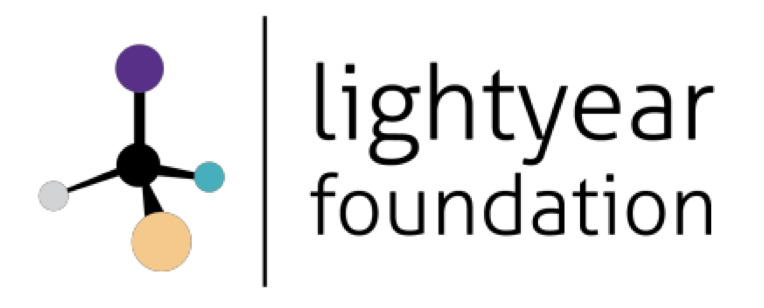Empowering Emerging Minds – Dr. Camilla Pang
Prompted by World Autism Acceptance Week, our fantastic Role Model and Trustee Camilla Pang, wrote this piece.
The 28th of March to the 3rd of April was Autism Acceptance Week. The National Autistic Society (autism.org) changed the name from World Autism Awareness Week to World Autism Acceptance Week saying that while almost everyone has heard of Autism, far fewer people understand what it’s like to be autistic.
This might be because autism can be difficult to explain, because everyone on the autistic spectrum experiences it in a different way. The strengths and hardships can be varying. Often, the people who do get given opportunities to speak about their experience are those whose autism ‘looks’ more neurotypical. Truthfully, a lot of people misunderstand autism, and a lot of autistic humans go unheard.
However, it might also be because our society is not set up to facilitate differences. Society does not make it easy to validate or raise the voices of the many varying experiences and opinions of those on the autistic spectrum. The world we are living in accepts some people more easily than others, meaning some people are often prevented or hindered from doing things that other people can do freely, not through any fault of their own, but because society has built structures and systems that disadvantage them. Many people suffer since their experiences are being invalidated, and when they need help, they are less likely to receive it. Often, when we try to empower others by framing autism as positive, it can leave the most marginalised out of the conversation. So, how do we go about raising all voices across the autistic spectrum?
A few weeks ago, my new book for children Perfectly Weird, Perfectly You was published. This book is my attempt to try and fill one part of the puzzle. I wrote it to empower the younger generation to have confidence in their differences, whether neurodiverse or neurotypical. I wanted to help future generations feel comfortable in their differences and stand up for what they need. To help them find their voice. To know how to be a good Ally. To empower emerging minds.
It’s nice to be different but that doesn’t mean it is easy. So, what can we do to make our society more accommodating, more accepting of differences?
Well for a start, we’re better people when we realise that not everyone experiences the world like we do. We’re better when we learn that, for some people, there are invisible or unspoken barriers that we don’t face – things that can and do make life harder for them.
Even knowing and recognising that this discrimination happens is a step in the right direction. But there are also practical steps people can take to facilitate differences, and I’ve listed some of the things I’ve found helpful below:
1) Understand that society isn’t designed for everyone. I mentioned this above, but it’s worth repeating because for some people, particularly those on the autisitic spectrum, society makes life incredibly hard. It’s unaccommodating.
2) Don’t call someone unreasonable because they have different needs. Often, if someone thinks differently to you, enabling them is not convenient. However, this is your challenge to overcome, not theirs. Those on the autistic spectrum have been reconfiguring their whole lives to meet the social and sensory demands of our current society.
3) Have faith in the minds that think differently and give them the same opportunities as you would if they were neurotypical. Listen and treat every conversation as if there is something YOU can learn. Find ways to educate yourself, especially by reading or listening to experiences people have chosen to share.
4) If a person has challenging behaviours in a certain context, don’t exclude them from future events because it’s inconvenient, enable them by making sure the next place has a quiet spot and a place they can be happy in also. Inclusion through reconfiguration.
5) Stand up for others and their different needs, especially if those needs are ‘obvious’, or seemingly ‘small’. We should all be AWARE of inequality and injustice, especially if it’s happening to someone else. You might not be able to stop inequality, but that doesn’t mean you can’t do anything. You can talk to others, stick up for them and ask if there is anything you can do to help.
The things you do to help and support others are just as important as – and sometimes more important than – the ones you do to help yourself. Because we have only really fulfilled our own potential when everyone around us has had the chance to do the same.
Perfectly Weird, Perfectly You was inspired by my life-long love of science and incorporates scientific ideas and concepts into an eye-opening and essential growing up guide for children age 8+. You can hear more about my own journey by watching this video.
